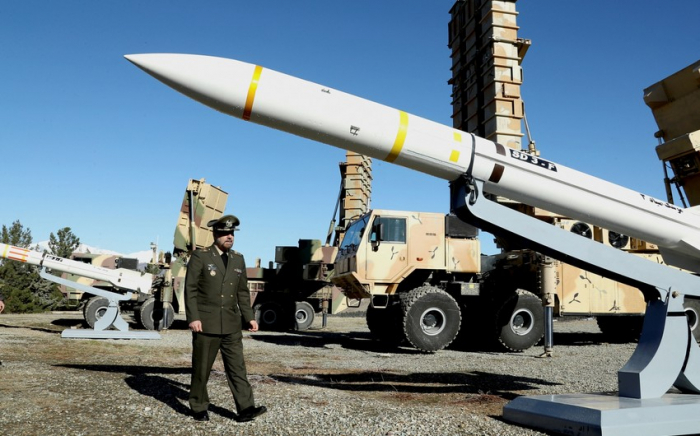
Israel Readies Major Response to Iranian Missile Attacks Amid Escalating Tensions in the Middle East
In the aftermath of a significant missile barrage by Iran, Israeli officials are preparing for a robust retaliation that may target critical Iranian installations, including oil production facilities. This development comes as the two nations inch closer to a potentially dangerous escalation of conflict that could have widespread implications for regional stability.
On Tuesday, Iran launched nearly 200 rockets towards Israel, prompting threats from Iranian leaders of further retaliation should Israel respond with military force. In light of these developments, Israeli authorities are considering all options, including targeted strikes on Iran’s nuclear infrastructure. "We face an open question regarding how the Iranians will respond to any attack, but we must consider the possibility of an escalating conflict," an Israeli official stated.
Israeli leaders have indicated that Iran's oil industry is a prime target in their potential military operations. Other objectives may include the elimination of key Iranian military leaders and the neutralization of Iran’s air defense systems. The planned Israeli response could involve extensive airstrikes as well as covert missions similar to the assassination of Hamas leader Ismail Haniyeh, which took place in Tehran two months ago.
The context of this conflict underscores the heightened tensions between Israel and Iran, particularly as Israeli officials assert that the coming retaliation will be significantly more substantial than previous military engagements. The most recent confrontation saw Israel respond minimally to an Iranian missile and drone attack in April, when it struck an S-300 air defense battery, a tactic that was perceived as restrained.
On Tuesday, the Israeli security cabinet convened in an underground facility near Jerusalem to discuss the situation as Iranian long-range missiles targeted the country. Many of these missiles were intercepted by Israeli and U.S. missile defense systems, with minor damage reported from rockets that landed in less populated areas, including near a military intelligence base and the Mossad headquarters.
Prime Minister Benjamin Netanyahu addressed the cabinet, declaring, "Iran made a grave error, and it will pay for it." He further emphasized Israel’s determination to defend itself, stating, “The regime in Iran does not comprehend our resolve to retaliate against our adversaries.”
Israeli officials confirmed that while a military response is imminent, no specific actions have yet been formalized. The need for coordination with the Biden administration has been cited as a reason for the lack of immediate decisions. While Israel plans to act independently, maintaining close communication with the U.S. is seen as vital due to the strategic ramifications that follow any escalations in hostilities.
President Joe Biden affirmed during a press briefing that discussions between the U.S. and Israeli governments are ongoing, emphasizing the need for a measured response. A U.S. official noted that while the United States supports an Israeli retaliation, it must be calculated to avoid triggering further escalation.
Biden is also expected to have a conversation with Netanyahu soon, likely to take place just before the Jewish New Year, Rosh Hashanah. With the situation continually evolving, Israeli leaders remain cautious, aware of the complexities involved in balancing a firm military response with the broader consequences for regional peace and security.
As tensions rise, both domestic and international observers will closely monitor developments, given the potential for a new and dangerous front in the ongoing conflict that has long marked Israeli-Iranian relations.





















